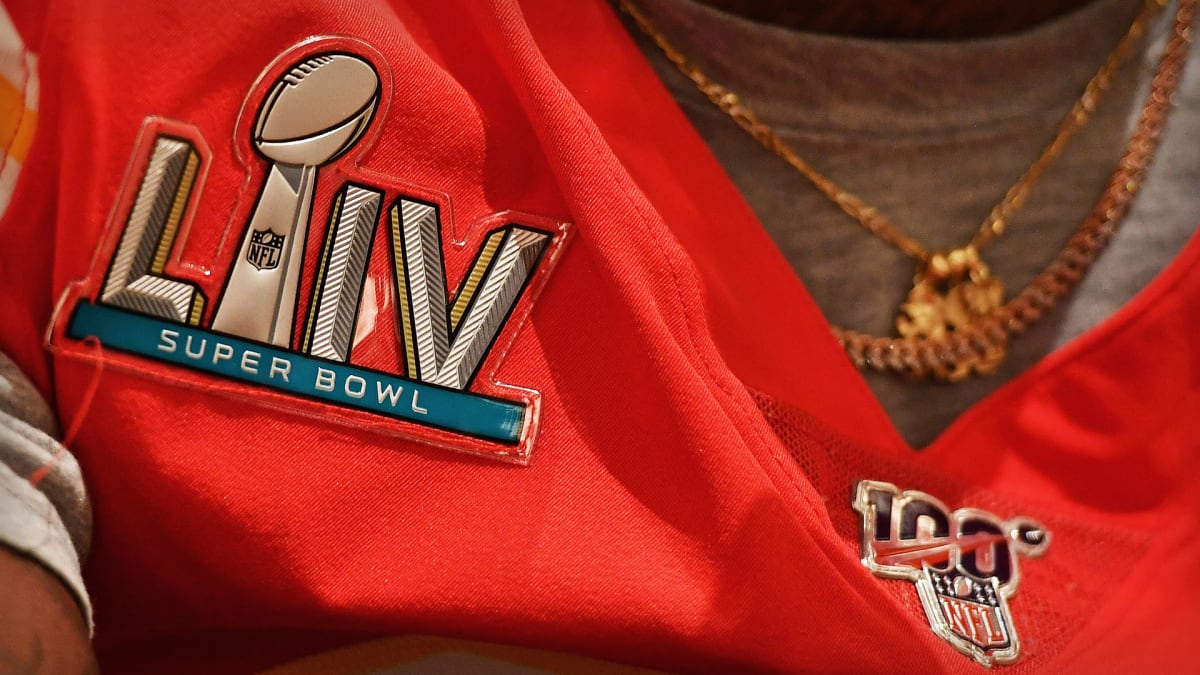
It took two championship games on Sunday to find out that the Philadelphia Eagles will be facing off against the Kansas City Chiefs in Super Bowl LVII at State Farm Stadium in Glendale Arizona on Feb. 12.
While the opportunity to hoist the Lombardi Trophy is available to every NFL team at the start of the season, the chance to host the big game at the end of the season is only available to a select few cities and franchises.
The site for the Super Bowl is chosen years in advance, so we already know that Allegiant Stadium in Las Vegas is slated to host Super Bowl LVIII in 2024 and Caesars Superdome in New Orleans will host Super Bowl LIX in 2025.
The next two Super Bowl sites represent opposite ends of the spectrum.
When New Orleans hosts the 2025 game it will be the host for the big game for the 11th time, one less time than Miami which has hosted the most times. When the game goes to Vegas in 2024, it will be the first time that city has ever hosted.
While the league may be onto something when it comes to Vegas, the reason why NOLA has hosted so many big games is because the Super Bowl just works in New Orleans.
Warm weather, a centrally located and domed stadium, jazz, and seafood coalesce to make New Orleans a perfect city for the party that is the Super Bowl.
Besides the cultural aspect, similar physical attributes make Miami, Southern California (Los Angeles/Pasadena have hosted the game over half a dozen times) and Tampa ideal spots for the game.
Hosting May Offer Diminishing Returns
There are some remarkable NFL stadiums that have been built over the past two decades.
U.S. Bank Stadium in downtown Minneapolis is a technical wonder. The HKS Architects-designed enclosed stadium is a modern marvel of glass and concrete.
The stadium hosted Super Bowl LII in 2018, and while most commentators were in awe of the facility, no one in their right mind wants to party in frozen tundra of Minnesota in February.
Same goes for Ford Field in Detroit, or Lucas Oil Stadium in Indianapolis, both recent Super Bowl hosts (XL and XLVI, respectively).
Even games hosted in cities with warm(ish) winter weather (sorry Jacksonville) have fallen on their face.
But now, the calculus might be changing for cities that want to host as there is evidence of diminishing economic returns from hosting the big game.
The Glendale/Phoenix area (Glendale is located about 9 miles from downtown Phoenix) is expecting a $600 million windfall from Super Bowl LVII, according to Visit Phoenix, Front Office Sports reported.
While that sounds like a nice chunk of change, its a significant dip from the $720 million the game brought to the area when State Farm Stadium hosted the 2015 game.
Host Cities and Venues Matter
Since the game is played in the winter months, weather used to be a big factor in determining which city hosted.
Before 2018, cities would place their bids with the NFL, and the league would whittle down the choices to a few finalists who then would present the league with a presentation as to why they should be chosen.
But since 2018, the league instead has eliminated the bidding process. Instead the league chooses a venue then asks them to put together a proposal. The NFL owners then vote on the proposal.
There are certain criteria that the stadium in each potential host city must have to even receive a vote.
- Host stadium must have at least 70,000 seats
- Stadium must have space for the NFL Experience
- Infrastructure must be in place around the stadium
- Hotel space within an hours drive of the stadium must equal at least 35% of the stadium capacity
Among other necessities. While Glendale may fit the criteria on paper, it remains to be seen whether the numbers will bear out.







